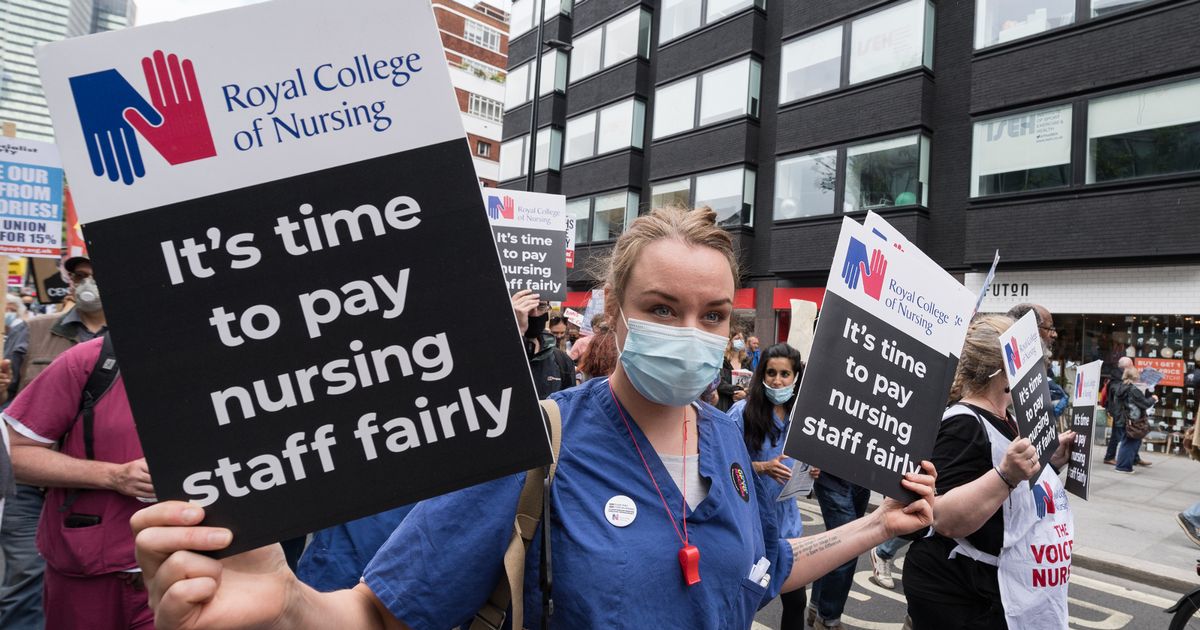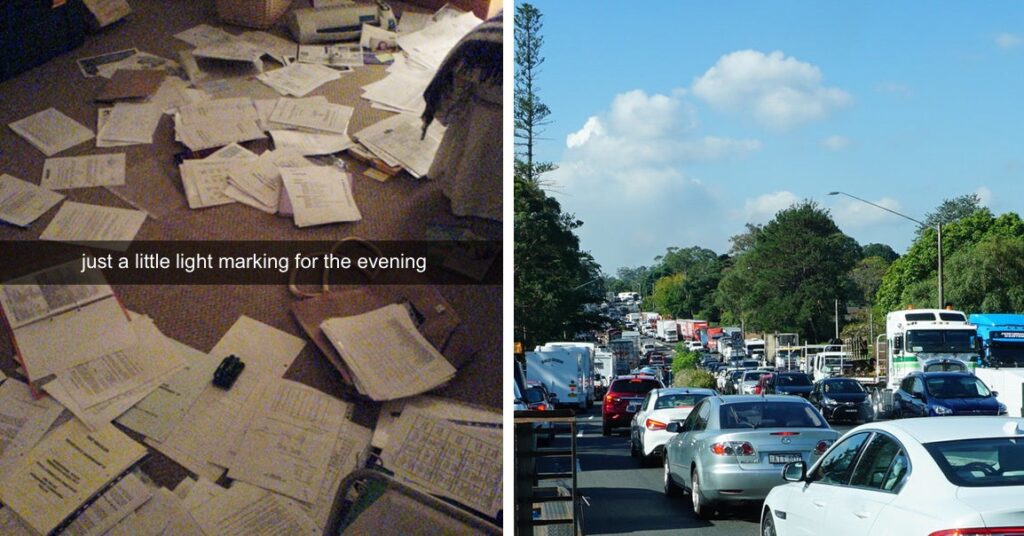 Millions of public sector workers and state pensioners face being worse off after inflation rocketed from 3.1% to 4.2% in one month.Brits face a cost of living crisis after the Consumer Prices Index hit the 10-year high in October – more than double the Bank of England’s 2% target.
Millions of public sector workers and state pensioners face being worse off after inflation rocketed from 3.1% to 4.2% in one month.Brits face a cost of living crisis after the Consumer Prices Index hit the 10-year high in October – more than double the Bank of England’s 2% target.
Among those hit will be Britain’s 12.3 state pensioners and 5.5million public sector workers.
Firstly, the state pension is rising in April but it is based on September’s 3.1% inflation figure – which is already out of date.
That means if inflation remains as high as it is now, which many predict, the £5.50-a-week pension rise will be outstripped by living costs.
Secondly, public sector wages for teachers, police, firefighters, NHS staff, soldiers and more are set to rise next Spring after they were frozen for most this year.
But a Tory Cabinet minister failed to guarantee the public sector pay rise in will keep up with inflation – which has now hit 4.2%.
Anne-Marie Trevelyan was asked twice by Sky News if millions of workers would get at least 4% just to stand still.
Both times she stopped short of a guarantee, instead saying the decision was for individual pay bodies and departments.
The Trade Secretary said Chancellor Rishi Sunak has already accounted for a rise.He suggested CPI would average 4% over the year from October.
She said: “The Chancellor spoke about this in his Budget , and the figures looking forward identified there would be a slight increase in inflation in the months ahead because of the number of pressures that have come through as economies have all kicked off again post-Covid.
“He noted at the time that departments’ settlements would be there so they could… have those conversations with their workforces.
“And I’m sure that will happen in the months ahead and the independent review bodies will be able to work with their departmental teams to put forward the right proposition.”
Asked again if it must be at least 4% she replied: “Indeed that’s what the pay review bodies are there for, to work with their own cohort of public sector workers and work with the departmental teams to get that right, so I’m sure we’ll see that coming through in the months ahead.”
The Resolution Foundation think tank warned “real wages are already falling and are likely to continue to do so for the next six months”.
This would be the third period of sustained real wage falls in the UK in just a decade, the Foundation said.
Last month the Office for Budget Responsibility forecasted inflation would peak at 4.4% in 2022 – but could climb to 5.4%.
And Suren Thiru of the British Chamber of Commerce said inflation is likely to hit 5% next year – due to higher costs of imported raw materials and higher energy prices.
He added: “Inflation should trend back towards target over the medium term as supply chains adjust post-pandemic.”
Steven Cameron, Pensions Director at Aegon, said: “Those on fixed incomes, such as many pensioners relying on the state pension, will also face a real challenge in meeting higher costs in the coming months, particularly with the government scrapping the state pension triple lock next year.
“This will mean the state pension’s 3.1% increase in April will likely be far less than the rise in the cost of living at that time.”
Chancellor Rishi Sunak said: “Many countries are experiencing higher inflation as we recover from Covid and we know people are facing pressures with the cost of living, which is why we are taking action worth more than £4.2 billion to help them.”
But Shadow Chancellor Rachel Reeves said: “Inflation rising to more than double the target and the highest since 2011 are extremely concerning giving the growing cost of living crisis.
“It’s going to leaves households more than £1,000 worse off.
“From the energy price cap going up, increased VAT for hospitality businesses, used car and clothing costing more, fuel prices hitting another record high and rents rising at their fastest rate in 13 years – the list of price crunches linked to this inflation rise goes on and on.
“Instead of taking action, the government are looking the other way, blaming ‘global problems’ while they trap us in a high tax, low growth cycle.”
Read More
Read More Most Read Don’t Miss.
